Central Africa to mobilize up to 1,000 soldiers to save its elephants
Central African
states on Saturday said they would mobilize up to 1,000 soldiers and
law-enforcement officials to immediately start joint military operations
to protect the region’s last remaining savanna elephants, threatened by
Sudanese poachers on a killing spree in the region.
Yaoundé, Cameroon - Central African
states on Saturday said they would mobilize up to 1,000 soldiers and
law-enforcement officials to immediately start joint military operations
to protect the region’s last remaining savanna elephants, threatened by
Sudanese poachers on a killing spree in the region.
“We recommend the mobilization of all defense and security forces in the affected countries” to stop these poachers, eight of the ten members of the Economic Community of Central African States (ECCAS) said in a joint statement at the end of a three-day emergency anti-poaching ministerial conference held in Cameroon’s capital, Yaoundé, on March 21-23.
The high-level conference was held to stop what ECCAS said are about 300 heavily armed Sudanese poachers on horseback on the prowl for elephants in the savannas of Cameroon, the Central African Republic and Chad.
On the night of March 14-15, in southern Chad, these poachers killed at least 89 elephants in one night. Since the beginning of the year, they also slaughtered at least thirty elephants in the Central African Republic. They are believed to be responsible for the 300 elephants killed in Cameroon’s Bouba N’Djida National Park in early 2012, forcing the country to mobilize 600 elite soldiers to defend the country’s borders from these poachers.
Although precise figures are difficult to come by, savanna elephant populations in, for example, the Central African Republic - the country with historically the highest numbers of savanna elephants in the region – are believed to have plummeted from around 80,000 thirty years ago to a few hundred today.
The emergency plan, estimated to cost around 1.8 million euros, calls for the use of aerial support, land vehicles, the purchase of satellite phones, the establishment of a joint military command including real-time information sharing and analysis systems, as well as for sending a diplomatic mission to Sudan and South Sudan – where the poachers are believed to originate from.
Although the statement said ECCAS states would fund these operations themselves, they called on the international community to “mobilize and make available complementary funds” to sustain these efforts now and in the future.
“This is fantastic news. ECCAS and its member states deserve to be congratulated for their determination to once and for all stop these elephant killers,” said Bas Huijbregts, head of the Central African strand of WWF’s campaign against illegal wildlife trade.
“Now, it is up to demand countries – principally China and Thailand – to show that they have as much courage and determination as these Central African countries,” he said.
In the statement, the ECCAS states congratulated Thailand for its March 3 decision to ban its legal domestic ivory trade, and urged it to implement this decision.
Ivory consumers “need to be sensitized to the consequences” of their demand for ivory, the statement said, adding that “destination countries (should) adopt measures to reduce ivory demand.”
Finally, the statement added that ECCAS states should work towards modifying national legislations so that poaching and ivory trade become offences “equivalent to other transnational crimes”, such as drug and small arms trafficking.
After the declaration, the United States ambassador to Cameroon, Robert Jackson, said he was “pleased with the meeting. The plan is a good one.”
“But execution is now critical. I am, however, concerned that there is no mention of corruption in the statement, because it contributes directly to the poaching and trafficking problem,” he said.
Nicolas Berlanga Martinez, the EU mission’s head of cooperation also congratulated ECCAS for its initiative, saying that “the measures adopted seem sufficiently ambitious to respond to the urgency of the situation, and I will remain attentive, along with other partners, of the implementation of this emergency plan.”
“I also salute the proposal to reinforce collaboration between the different ministries responsible for countering poaching and illegal wildlife trade, and would also urge these authorities to ensure a proper coordination of donations from its partners,” he added.
In the statement, the ECCAS states reaffirmed their commitment to protect its elephants, which they said “belong to the natural universal heritage of humanity”.
“The international community stands by Central Africa,” Huijbregts, of WWF, said.
“Now the region is in the world’s spotlight,” he concluded.
WWF is campaigning for greater protection of threatened species such as rhinos, tigers and elephants. In order to save endangered animals, source, transit and demand countries must all improve law enforcement, customs controls and judicial systems. WWF is also urging governments in consumer countries to undertake demand reduction efforts to curb the use of endangered species products.
###
For further information, please contact:
Bas HUIJBREGTS, WWF Central Africa bhuijbregts@wwfcarpo.org +237 79 50 41 41
Gildas Parfait DIAMONEKA, ECCAS spokesperson gildas_parfait@yahoo.fr
“We recommend the mobilization of all defense and security forces in the affected countries” to stop these poachers, eight of the ten members of the Economic Community of Central African States (ECCAS) said in a joint statement at the end of a three-day emergency anti-poaching ministerial conference held in Cameroon’s capital, Yaoundé, on March 21-23.
The high-level conference was held to stop what ECCAS said are about 300 heavily armed Sudanese poachers on horseback on the prowl for elephants in the savannas of Cameroon, the Central African Republic and Chad.
On the night of March 14-15, in southern Chad, these poachers killed at least 89 elephants in one night. Since the beginning of the year, they also slaughtered at least thirty elephants in the Central African Republic. They are believed to be responsible for the 300 elephants killed in Cameroon’s Bouba N’Djida National Park in early 2012, forcing the country to mobilize 600 elite soldiers to defend the country’s borders from these poachers.
Although precise figures are difficult to come by, savanna elephant populations in, for example, the Central African Republic - the country with historically the highest numbers of savanna elephants in the region – are believed to have plummeted from around 80,000 thirty years ago to a few hundred today.
The emergency plan, estimated to cost around 1.8 million euros, calls for the use of aerial support, land vehicles, the purchase of satellite phones, the establishment of a joint military command including real-time information sharing and analysis systems, as well as for sending a diplomatic mission to Sudan and South Sudan – where the poachers are believed to originate from.
Although the statement said ECCAS states would fund these operations themselves, they called on the international community to “mobilize and make available complementary funds” to sustain these efforts now and in the future.
“This is fantastic news. ECCAS and its member states deserve to be congratulated for their determination to once and for all stop these elephant killers,” said Bas Huijbregts, head of the Central African strand of WWF’s campaign against illegal wildlife trade.
“Now, it is up to demand countries – principally China and Thailand – to show that they have as much courage and determination as these Central African countries,” he said.
In the statement, the ECCAS states congratulated Thailand for its March 3 decision to ban its legal domestic ivory trade, and urged it to implement this decision.
Ivory consumers “need to be sensitized to the consequences” of their demand for ivory, the statement said, adding that “destination countries (should) adopt measures to reduce ivory demand.”
Finally, the statement added that ECCAS states should work towards modifying national legislations so that poaching and ivory trade become offences “equivalent to other transnational crimes”, such as drug and small arms trafficking.
After the declaration, the United States ambassador to Cameroon, Robert Jackson, said he was “pleased with the meeting. The plan is a good one.”
“But execution is now critical. I am, however, concerned that there is no mention of corruption in the statement, because it contributes directly to the poaching and trafficking problem,” he said.
Nicolas Berlanga Martinez, the EU mission’s head of cooperation also congratulated ECCAS for its initiative, saying that “the measures adopted seem sufficiently ambitious to respond to the urgency of the situation, and I will remain attentive, along with other partners, of the implementation of this emergency plan.”
“I also salute the proposal to reinforce collaboration between the different ministries responsible for countering poaching and illegal wildlife trade, and would also urge these authorities to ensure a proper coordination of donations from its partners,” he added.
In the statement, the ECCAS states reaffirmed their commitment to protect its elephants, which they said “belong to the natural universal heritage of humanity”.
“The international community stands by Central Africa,” Huijbregts, of WWF, said.
“Now the region is in the world’s spotlight,” he concluded.
WWF is campaigning for greater protection of threatened species such as rhinos, tigers and elephants. In order to save endangered animals, source, transit and demand countries must all improve law enforcement, customs controls and judicial systems. WWF is also urging governments in consumer countries to undertake demand reduction efforts to curb the use of endangered species products.
###
For further information, please contact:
Bas HUIJBREGTS, WWF Central Africa bhuijbregts@wwfcarpo.org +237 79 50 41 41
Gildas Parfait DIAMONEKA, ECCAS spokesperson gildas_parfait@yahoo.fr
Galery Photos de L'Actualité
Source :
14


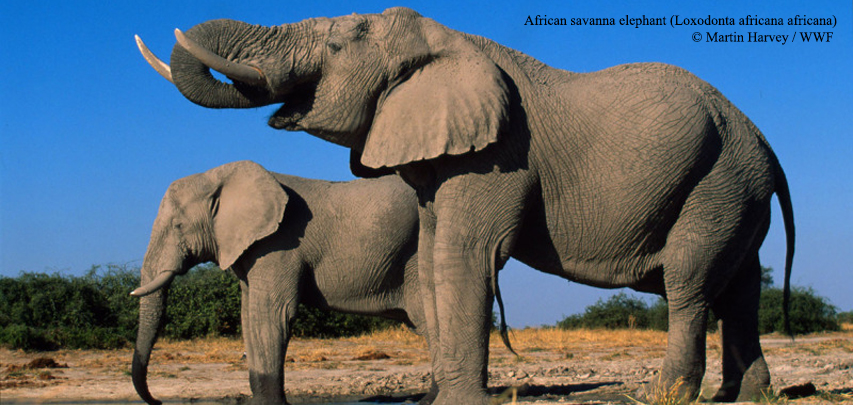


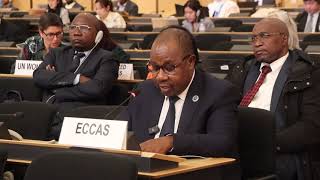
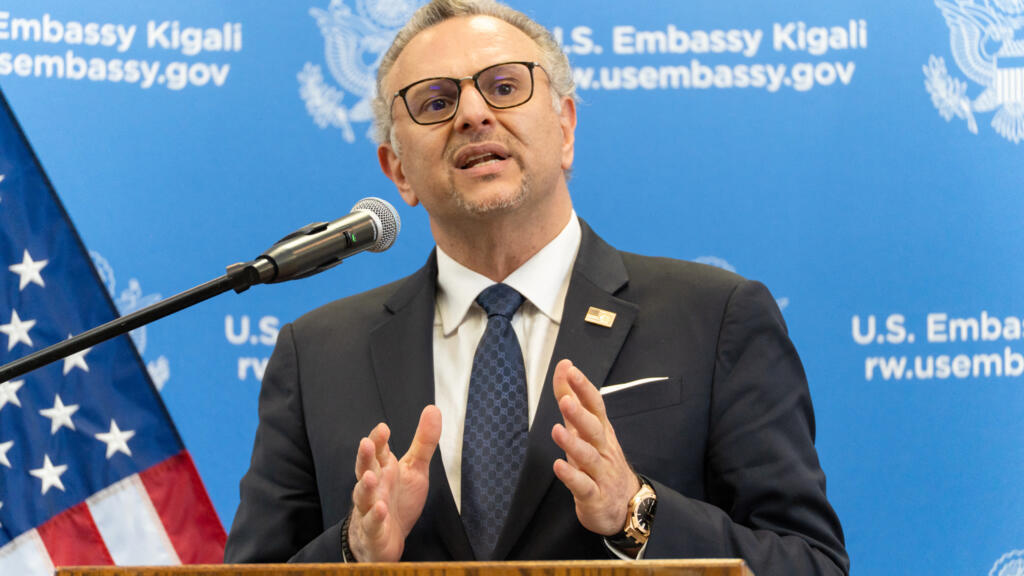
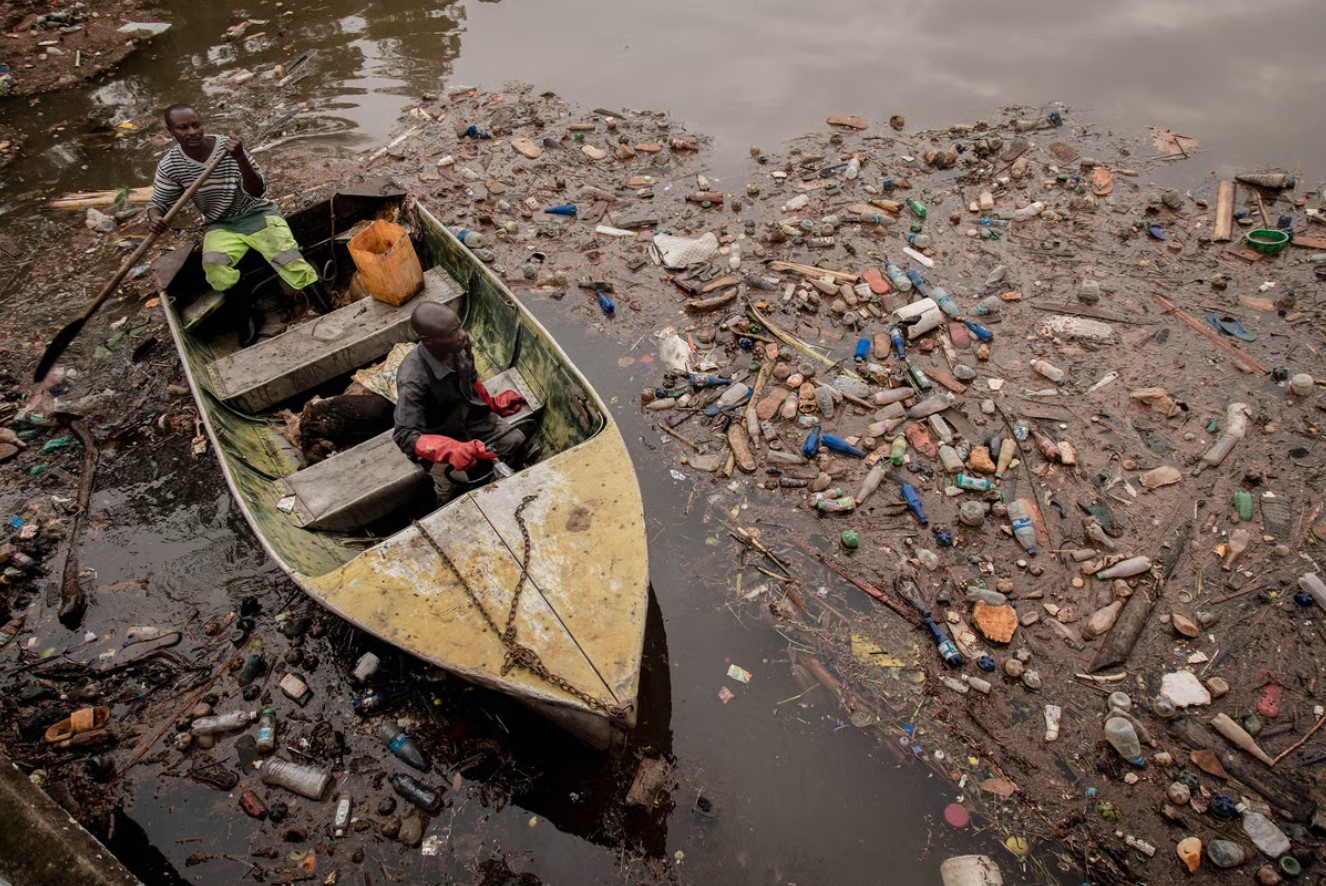
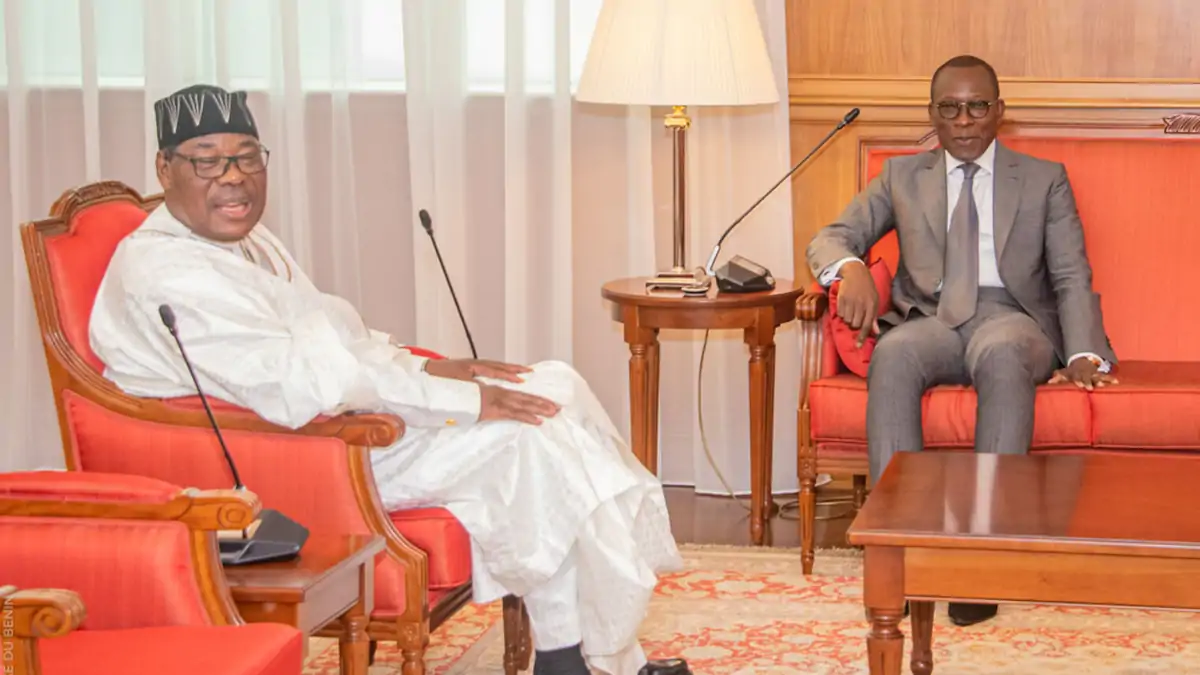
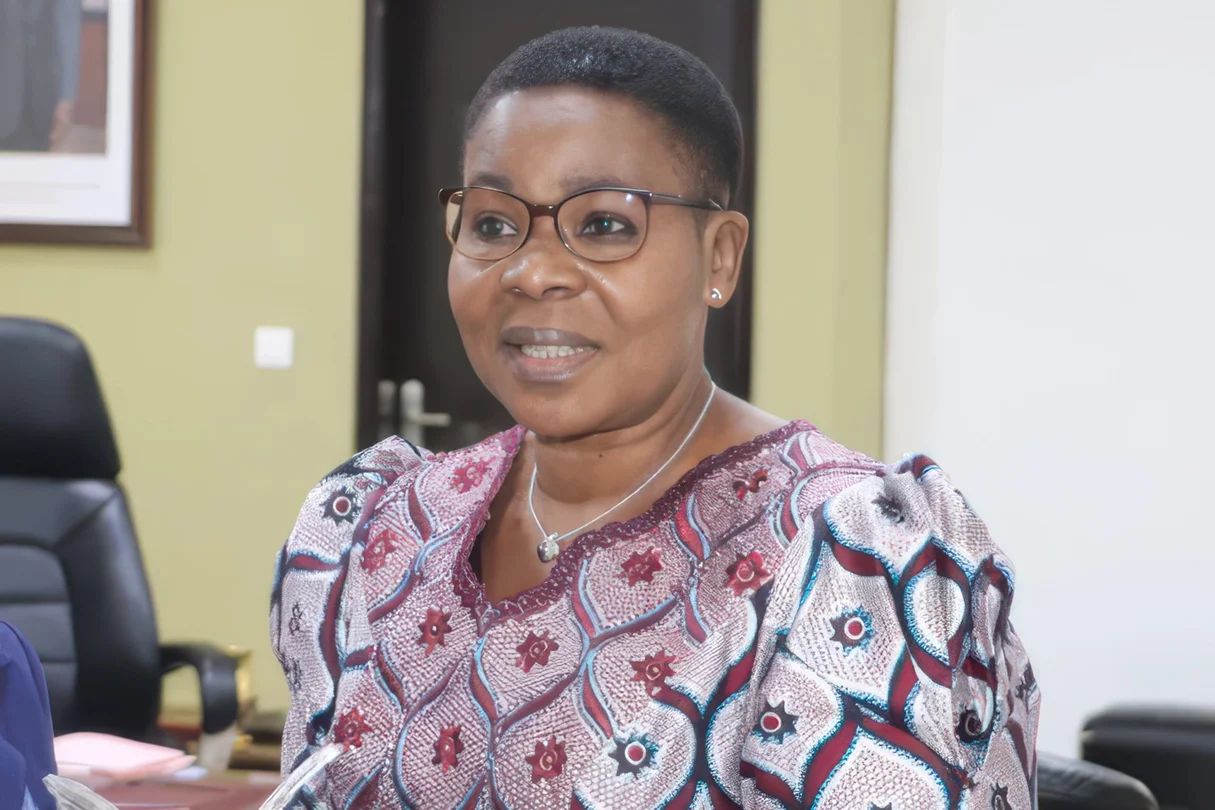
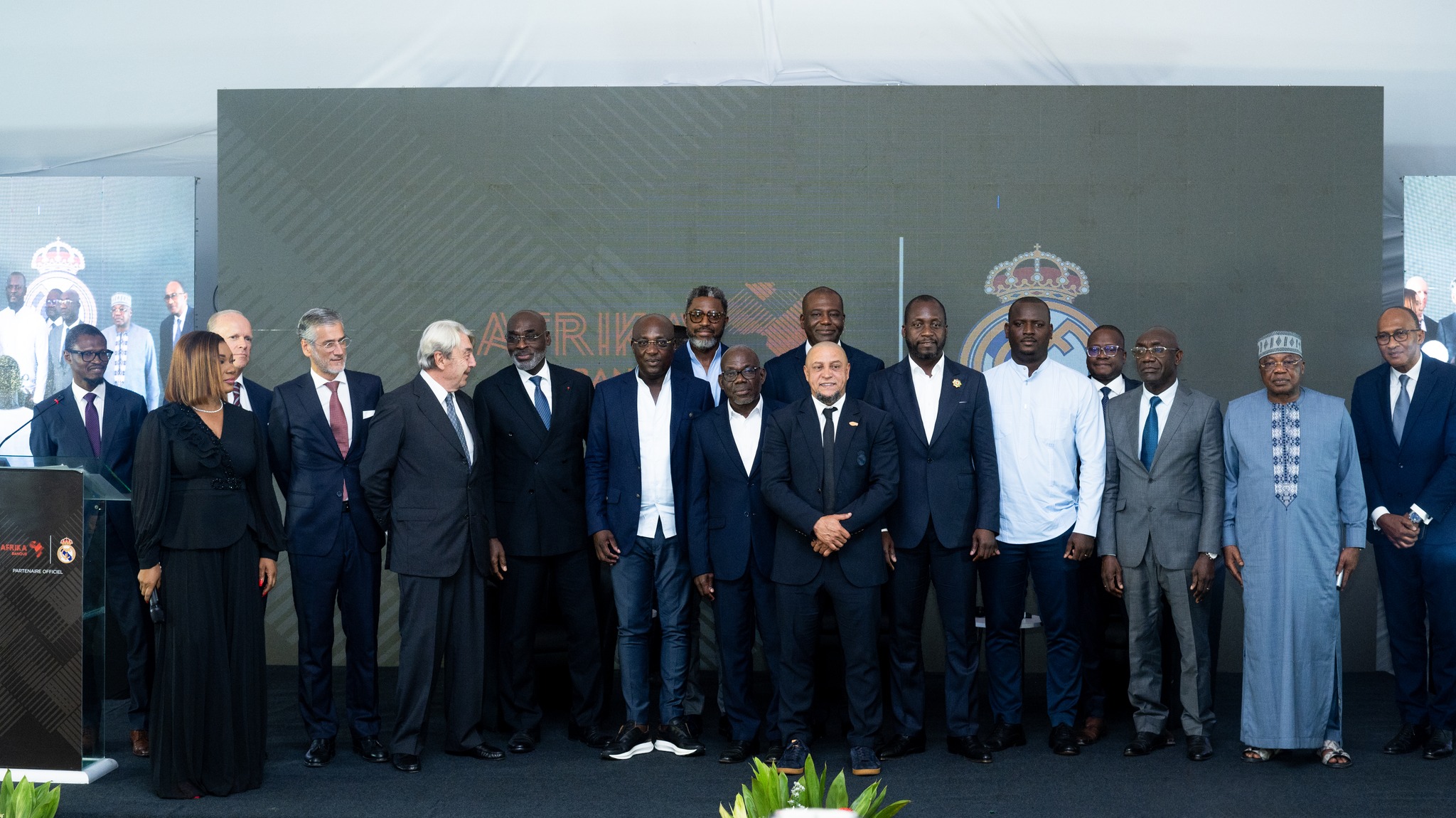
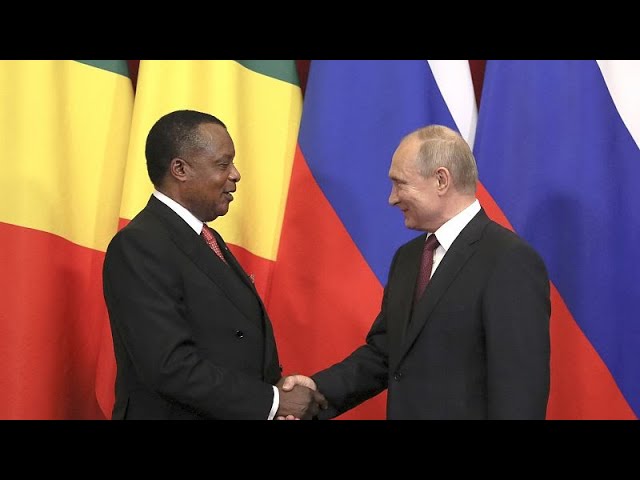

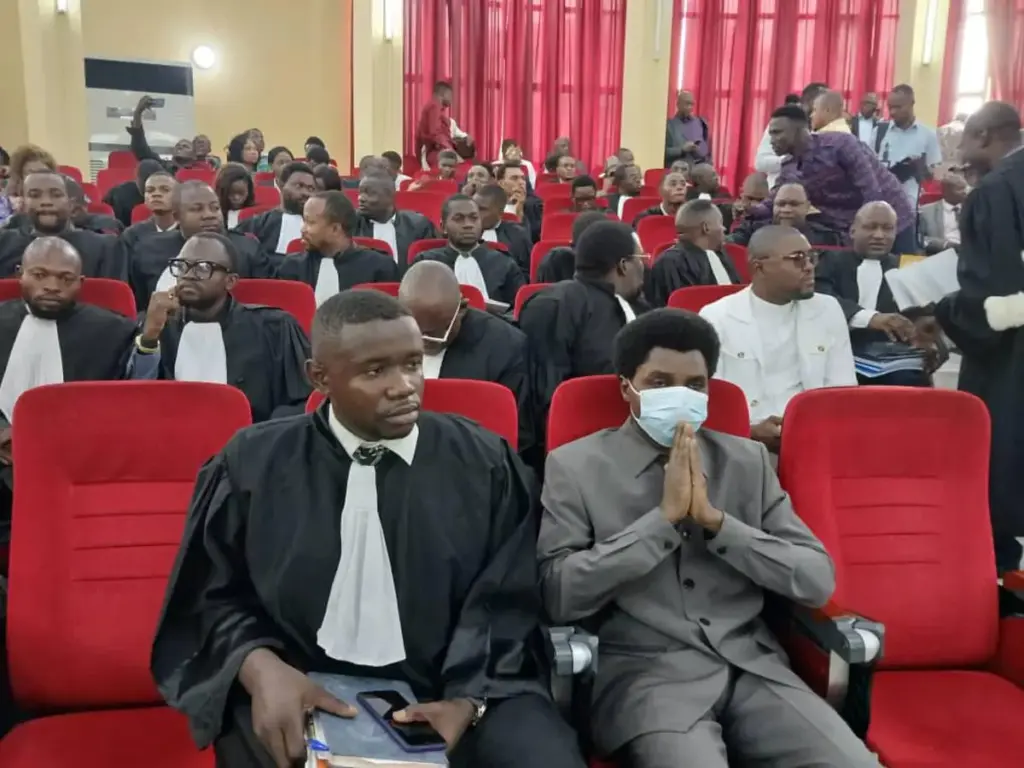






0 Commentaire